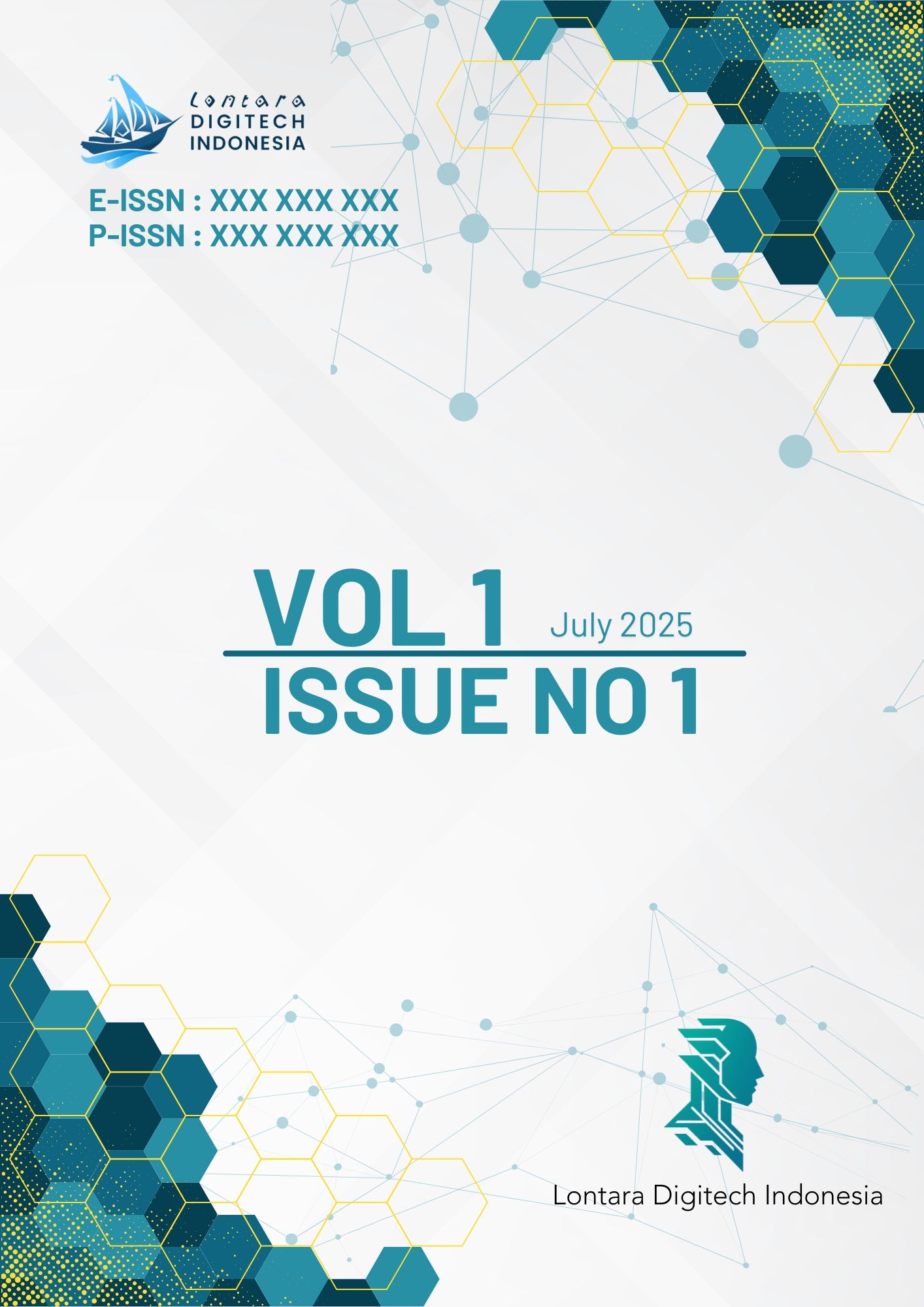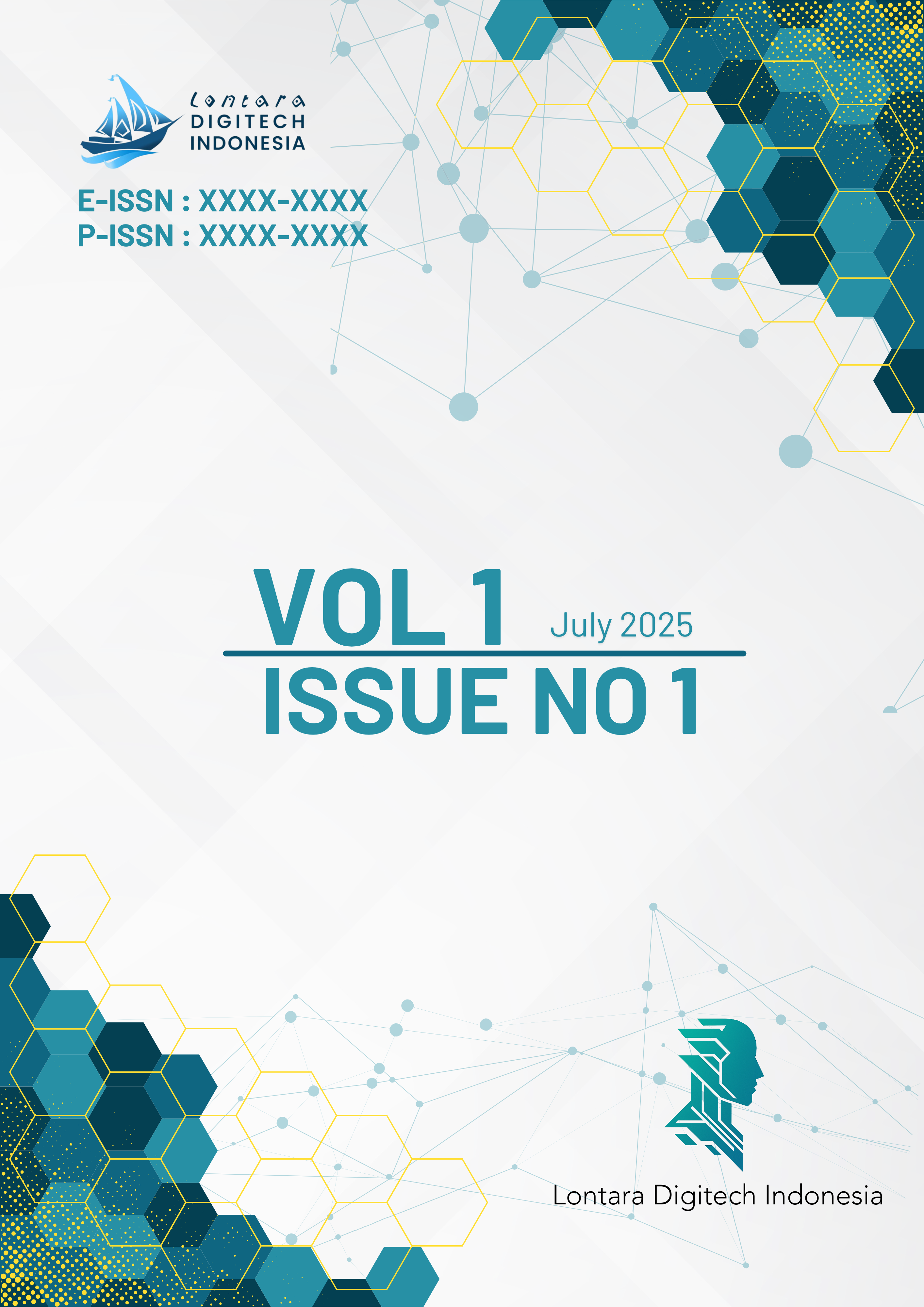Enhancing Educator Quality and National Education Success: The Roles of Competence, Innovation, and Sustainable Support
Keywords:
Educator Competence, Education Quality, National Education, Pedagogical Innovation, Sustainable SupportAbstract
This study aims to analyze the contribution of competence, innovation, and sustainable support to the success of national education. The research employed a quantitative approach with a cross-sectional design, involving 106 undergraduate students as respondents through a 5-point Likert-scale questionnaire. Descriptive analysis was conducted using Jamovi and Microsoft Excel to evaluate aspects of educator competence, pedagogical innovation, and sustainable support. The results show that educator competence and sustainable support were rated as very good by the respondents, while pedagogical innovation was categorized as good but requires further development. This study highlights the importance of synergy between educator competence, pedagogical innovation, and sustainable support in achieving an inclusive and adaptive national education system
Downloads
References
[1] L. Chen and M. Mohamed Mokhtar, “Education on quality assurance and assessment in teaching quality of high school instructors,” J. Big Data, vol. 10, no. 1, 2023, doi: 10.1186/s40537-023-00811-7.
[2] T. Budirahayu and M. Saud, “Pedagogical innovation and teacher collaborations in supporting student learning success in Indonesia,” Cogent Educ., vol. 10, no. 2, 2023, doi: 10.1080/2331186X.2023.2271713.
[3] S. P. Kawuryan, S. A. Sayuti, Aman, and S. I. A. Dwiningrum, “Teachers quality and educational equality achievements in indonesia,” Int. J. Instr., vol. 14, no. 2, pp. 811–830, 2021, doi: 10.29333/iji.2021.14245a.
[4] A. W. Wiseman and F. Al-bakr, “The elusiveness of teacher quality: A comparative analysis of teacher certification and student achievement in Gulf Cooperation Council (GCC) countries,” Prospects (Paris), vol. 43, no. 3, pp. 289–309, 2013, doi: 10.1007/s11125-013-9272-z.
[5] L. Guan, “Evaluating teaching quality in colleges using combination of artificial neural networks (ANNs) and black hole optimization (BHO),” Heliyon, vol. 9, no. 10, p. e20687, 2023, doi: 10.1016/j.heliyon.2023.e20687.
[6] M. Y. Fajar, O. Rohaeni, Y. Permanasari, A. I. A, and K. Mulkiya, “Meningkatkan Kompetensi Guru Sma Dan Sederajat Melalui Pelatihan Pembelajaran Berbasis Tik,” ETHOS (Jurnal Penelit. dan Pengabdian), vol. 5, no. 2, p. 175, 2017, doi: 10.29313/ethos.v5i2.2347.
[7] S. A. Ningsih, “Pentingnya Profesionalisme Guru dalam Meningkatkan Kualitas Pendidikan,” J. Pendidik. Dan Ilmu Sos., vol. 2, no. 3, pp. 288–293, 2024, doi: 10.54066/jupendis.v2i3.2056.
[8] H. E. Trisnantari, P. M. Mutohar, and S. R. Rindrayani, “Manajemen Peningkatan Mutu Pendidikan Berbasis Karakter Bangsa Dengan Sistem Fds (Full Day School),” J. Pendidik. Karakter, no. 1, pp. 116–132, 2019, doi: 10.21831/jpk.v0i1.21947.
[9] F. Hunt, “Review of national education policies: Teacher quality and learning outcomes,” Prospects (Paris), vol. 45, no. 3, pp. 379–390, 2015, doi: 10.1007/s11125-015-9356-z.
[10] F. Kaçaniku, “Quality initial teacher education in the grip of teacher educator ‘academic tribes and territories,’” Educ. Inq., pp. 1–21, 2023, doi: 10.1080/20004508.2023.2260613.
[11] B. Setiawan, “Sentuhan Artificial Intellegence Dalam Promosi Digital Pada Desa Wisata Di Indonesia,” Ikra-Ith Humaniora Jurnal Sosial Dan Humaniora, 2024, doi: 10.37817/ikraith-humaniora.v8i3.4186.
[12] P. Churchward and J. Willis, “The pursuit of teacher quality: identifying some of the multiple discourses of quality that impact the work of teacher educators,” Asia-Pacific J. Teach. Educ., vol. 47, no. 3, pp. 251–264, 2019, doi: 10.1080/1359866X.2018.1555792.
[13] J. M. Cundiff, S. S. H. Lin, R. D. Faulk, and I. M. McDonough, “Educational quality may be a closer correlate of cardiometabolic health than educational attainment,” Sci. Rep., vol. 12, no. 1, pp. 1–12, 2022, doi: 10.1038/s41598-022-22666-3.
[14] T. Harel Ben-Shahar, “Equality in Education – Why We Must Go All the Way,” Ethical Theory Moral Pract., vol. 19, no. 1, pp. 83–100, 2016, doi: 10.1007/s10677-015-9587-3.
[15] M. Barnes and R. Cross, “Teacher education policy to improve teacher quality: Substantive reform or just another hurdle?,” Teach. Teach. Theory Pract., vol. 26, no. 3–4, pp. 307–325, 2020, doi: 10.1080/13540602.2020.1832061.
[16] A. Isma, M. M. Fakhri, M. Fardan, A. Z. Adistia, and D. Fadhilatunisa, “Pengaruh Model Blended Learning Terhadap Perkembangan Kognitif Mahasiswa,” J. Mediat., vol. 6, no. 1, pp. 1–7, 2024, doi: 10.59562/mediatik.v6i1.1346.
Downloads
Published
Issue
Section
License
Copyright (c) 2025 Indal Awalaikal, Andro Ruben Runtu, Surahmadani

This work is licensed under a Creative Commons Attribution-ShareAlike 4.0 International License.






